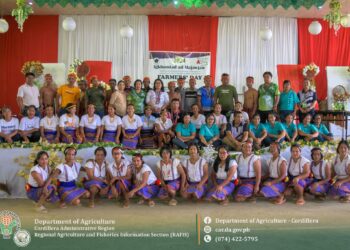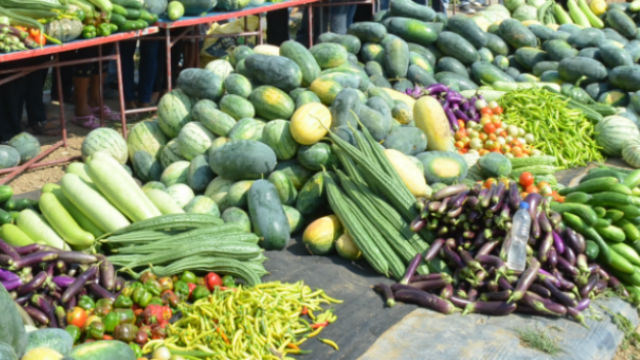Aside from regular and voluntary roadside testing and monitoring, programs such as jeepney modernization, number coding and traffic rerouting schemes are implemented in the city to mitigate air pollution due to exhaust gases emitted by motor vehicles.
Re-greening on road center islands, pocket parks and buffer zones; having green potted plants in establishments, and tree planting in available areas are also carried out for the absorption of harmful fumes and release of oxygen.
This is according to the Environmental Management Division (CEPMO-EMD) person in-charge Engr. Soforonio Pascua, under the supervision of City Environment and Parks Management Office (CEPMO) head Atty. Rhenan Diwas.
The information was reported during the 3rd quarter Baguio-La Trinidad-Itogon-Sablan-Tuba-Tublay (BLISTT) Airshed Governing Board meeting recently.
For the past four months every Sunday, as part of the 3rd Saleng Festival, free emission testing was conducted by the CEPMO Roadside Inspection, Testing and Monitoring Team (RITMT) at Upper Session and Harrison Road. The results show that from the 122 vehicles tested, 77 (63.11%) passed while 45 (36.89%) failed. Voluntary emission certificates were given to vehicle owners that passed the emission test.
Voluntary smoke emission testing is also done at the CEPMO North Sanitary camp office. For the first semester of 2023; a total of 4,288 vehicles were tested, with 3,484 (81,25%) passing, and 804 (18,75%) failing. According to Pascua, the vehicles are with compression-ignition (diesel) engines.
Pascua also mentioned that 121 RITMT operations in 13 strategic locations for the first semester of 2023 yielded 1,109 vehicles tested where 552 (49.77%) passed while 557 (50.23%) failed. From the number of vehicles tested, 606 are private vehicles, 206 are taxis, 277 are jeepneys, 2 vans, 10 buses, 5 school services, and one government vehicle.
Owners of vehicles failing the tests are given instructions and references for proper vehicle maintenance.
As to the jeepney modernization program, Euro 4 or Euro 6 types of vehicles, with engines that are compliant to stringent emission standards are already in city streets and old units are being phased out.
The number coding and traffic rerouting scheme lessens vehicles on the streets, thus concentration of exhaust gases such as Carbon Monoxide, Sulfur Dioxide, Ground Ozone, Nitrogen Dioxide and particulate matter decrease.
These are noted in comparative reports for the first semesters of 2022 and 2023 where said gases’ concentration fluctuate at testing areas along Harrison, Government Center, and Kisad roads.
According to Pascua, additional reports as to the city’s air quality shall be presented during the 4th quarter BLISTT Airshed governing board meeting. By JGF, with reports from CEPMO EMD















